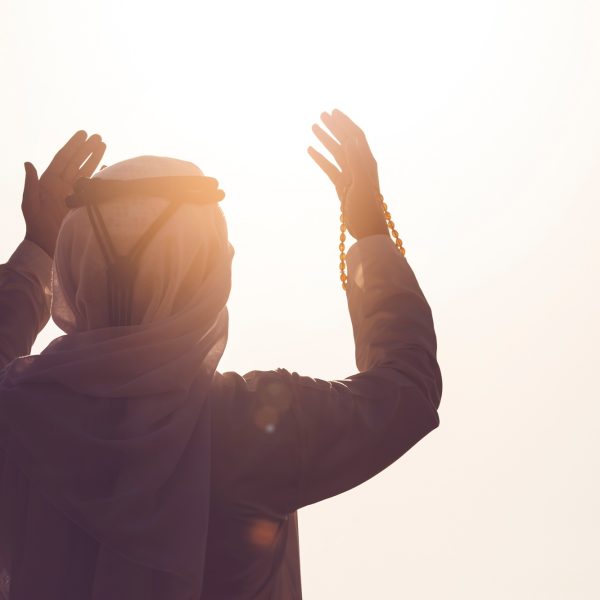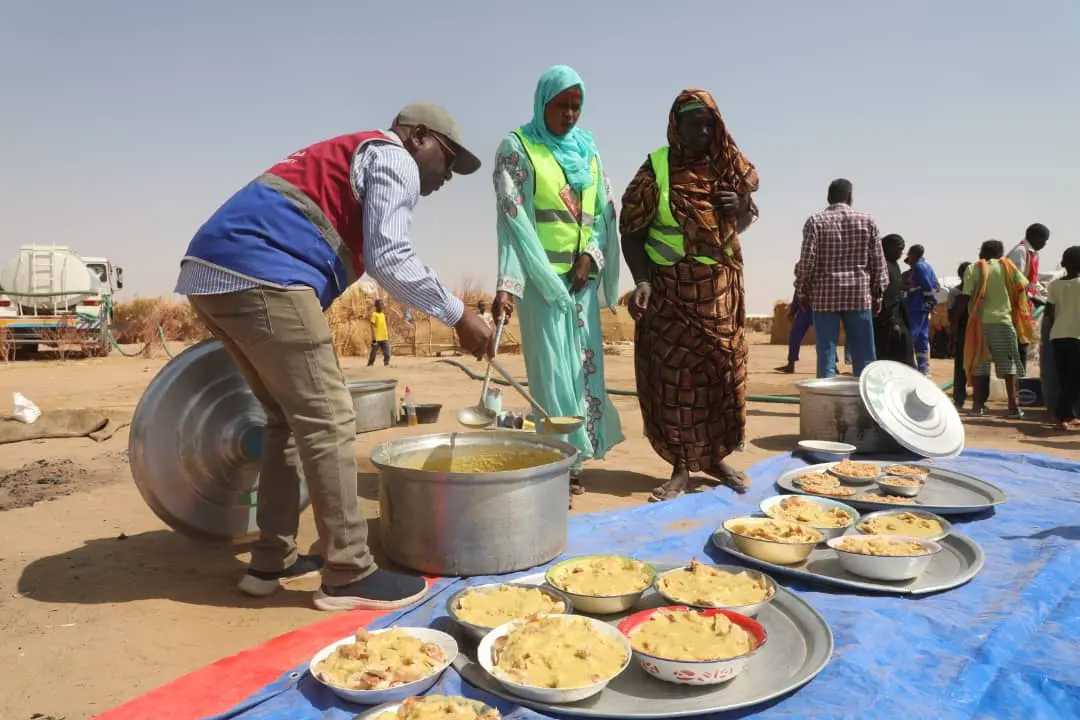As the blessed days of Dhu al-Hijjah approach, many Muslims around the world are preparing to perform Udhiyah, the sacrificial offering that commemorates the profound act of devotion and submission to God demonstrated by Prophet Ibrahim. To ensure that this sacred act is performed correctly and holds its intended spiritual and communal benefits, it is essential to understand the Islamic guidelines for Udhiyah.
Table of contents
What is Udhiyah?
Udhiyah is the ritual slaughter of specific animals—such as sheep, goats, cows, or camels—performed after the Eid al-Adha prayer on the 10th day of Dhu al-Hijjah and during the following three days of Tashreeq (the 11th, 12th, and 13th of Dhu al-Hijjah). This practice honors the willingness of Prophet Ibrahim to sacrifice his son Ismail in obedience to God’s command. Instead, God provided a ram for the sacrifice, symbolizing His mercy and the importance of sincere faith.
Islamic Guidelines for Udhiyah
Eligibility to Perform Udhiyah
Adult Muslims:
Udhiyah is obligatory for every adult Muslim who possesses the financial means to afford the sacrifice without causing hardship to themselves or their dependents.
Financial Capability:
The individual should have the Nisab (minimum amount of wealth required to pay Zakat) after fulfilling all debts and necessary expenses.
Suitable Animals for Sacrifice
Types of Animals:
The animals eligible for Udhiyah include sheep, goats, cows, and camels.
Age Requirements:
– Sheep and goats should be at least one year old.
– Cows should be at least two years old.
– Camels should be at least five years old.
Physical Condition of the Animal
Healthy and Unblemished:
The animal must be free from any defects, such as blindness, sickness, limping, or any other condition that would diminish the quality of the meat.
Proper Care: The animal should be well-fed, cared for, and treated with respect up until the time of slaughter.
Timing of the Sacrifice
After Eid Prayer:
The Udhiyah must be performed after the Eid al-Adha prayer on the 10th of Dhu al-Hijjah and can continue until the sunset of the 13th of Dhu al-Hijjah.
Distribution of the Meat
Three Parts: The meat of the sacrificed animal should be divided into three equal parts:
– One part for the family.
– One part for relatives and friends.
– One part for the poor and needy.
How to Donate Udhiyah
Performing Udhiyah is a profound act of worship that brings Muslims closer to God while fostering a sense of community and charity. For those unable to personally perform the sacrifice, donating Udhiyah through reputable organizations ensures that the spirit of this practice is fulfilled, reaching those in need.
Donate Udhiyah Through Qatar Charity
Qatar Charity offers a convenient and efficient way to perform your Udhiyah through our app and website. By donating through Qatar Charity, you can ensure that your sacrifice reaches the most vulnerable communities, including refugees, displaced persons, and impoverished families.
Through QC App: Download our app, select your preferred country, and make your donation.
Through the Website: Choose the country you wish to support and donate your Udhiyah.
Your contribution will help provide essential food to those in dire need, spreading joy and compassion during the blessed days of Eid al-Adha.
Conclusion
Understanding and adhering to the Islamic guidelines for Udhiyah ensures that this sacred practice is performed correctly, honoring the tradition of Prophet Ibrahim and fulfilling its spiritual and communal purposes. By donating Udhiyah through Qatar Charity, you can make a significant impact on the lives of those in need, sharing the blessings of Eid al-Adha with the less fortunate. Join us in this noble act of charity, and let us make this Eid a time of joy, compassion, and community.






